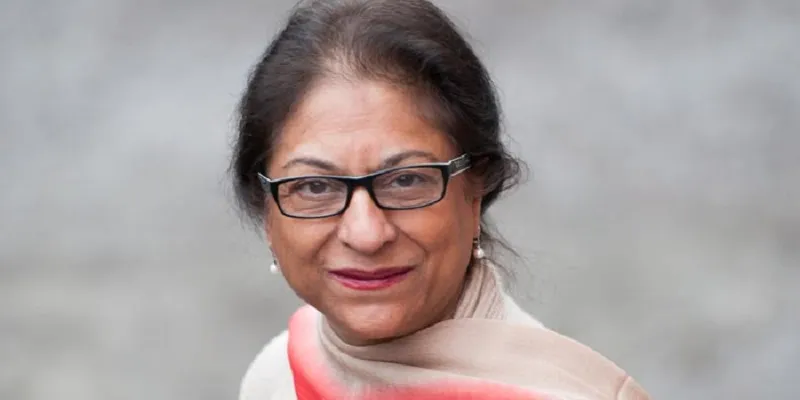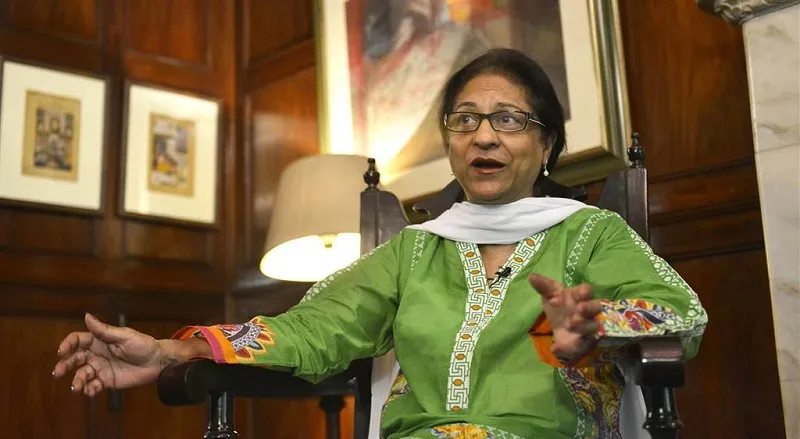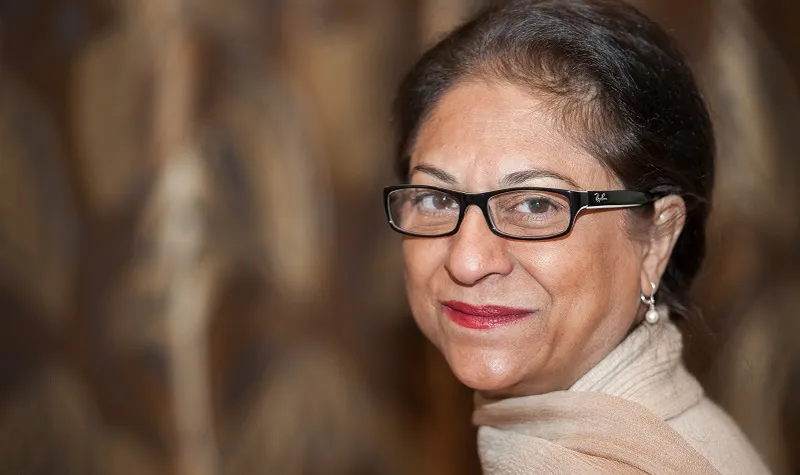The life and times of Asma Jahangir – Pakistan's human rights activist, lawyer
Spanning a career of over 40 years, Asma Jahangir fought relentlessly against human rights violations, from child labour and suppression of women to persecuting religious minorities.

Asma Jahangir was born in 1952 to Malik Ghulam Jilani – a civil servant who later became a politician, and Shabiba – one of the few women of her times to attend a co-education school.
As a result, Asma grew up with political awareness and social conscience, which made her determined to give voice to the voiceless. A lawyer by profession, she fought against all kinds of human rights violations, from child labour and suppression of women to persecuted religious minorities for more than 40 years until she passed away on February 11, 2018, in Lahore.
Activism since school days
Though Asma became a lawyer in the 1980s, the activist in her was born much earlier. She was studying in Convent of Jesus and Mary in Lahore in 1960s. Every year, the head girl of the school was selected by the nuns.
That disturbed Asma, who was a staunch believer in democracy even then. She organised a protest, demanding the head girl be ‘elected’ by students. The school eventually agreed to the election as a result of her relentless struggle, while holding on to the veto power.
Fifty years later, the same system is still followed in the school that is situated in her hometown.
Asma Jahangir’s first victory in court
A few years later, when Asma’s father, Malik Ghulam Jilani, was arrested, she petitioned the Lahore High Court to get him released. Though the 18-year-old failed initially as the court dismissed her petition, she won after approaching the Supreme Court. When her father was released, she got her first taste of victory in the court of law.

Becoming a lawyer
Asma pursued law after getting married to her neighbour, Tahir Jahangir. The college’s policy at that time prohibited married women from attending class. So, Asma studied from home with the help of her friends, yet securing first class in the examination. She received her law degree from Punjab University in 1978.
In the early 1980s, Asma, her sister, Hina Jilani, along with two other friends, started a law firm, thus starting Pakistan’s first all-women law firm.
Making of an activist
Though Asma was initially taking up family cases, it was not long before she realised that the only way to change the status quo was not by fighting individuals but by taking on institutions and bringing in societal reforms. So she started fighting against misuse of power, all kinds of blasphemy laws that Pakistan has, and criticising the military.
Partially, to support this cause, in 1987, Asma co-founded Human Rights Commission, Pakistan, later becoming its chairperson – a position she held for a long time.

In 2008, Asma became the UN’s special rapporteur of human rights, and extra-judicial killings. She has also visited India in this regard. She is the longest-serving special rapporteur of UN from Pakistan.
In 2010, Asma became the president of Supreme Court Bar Association – the first woman to have held that position in Pakistan. She has also won a lot of awards, including Alternative Nobel Prize and Gandhi Peace Award among others.
This was no easy feat to achieve for Asma as she served jail time, was kept under house arrest and received many death threats in her path to seek justice. Sometimes, that threat was not just aimed at her but also at her whole family.
Regardless of all that, she marched on with an unwavering belief in democracy. Asma did not just fight for the people in her country but for people from all over the world as she spoke on behalf of the Palestinians and the struggles of Kashmiris numerous times.
And though she made a lot of enemies because of the battles she chose, the fact that she was viewed as a challenge that cannot be ignored stands as a testament to the respect she earned from all quarters.







